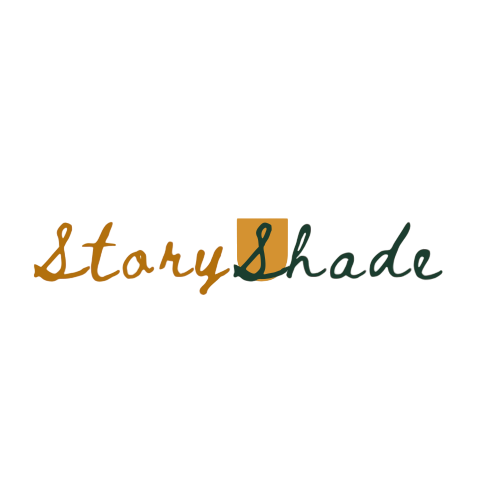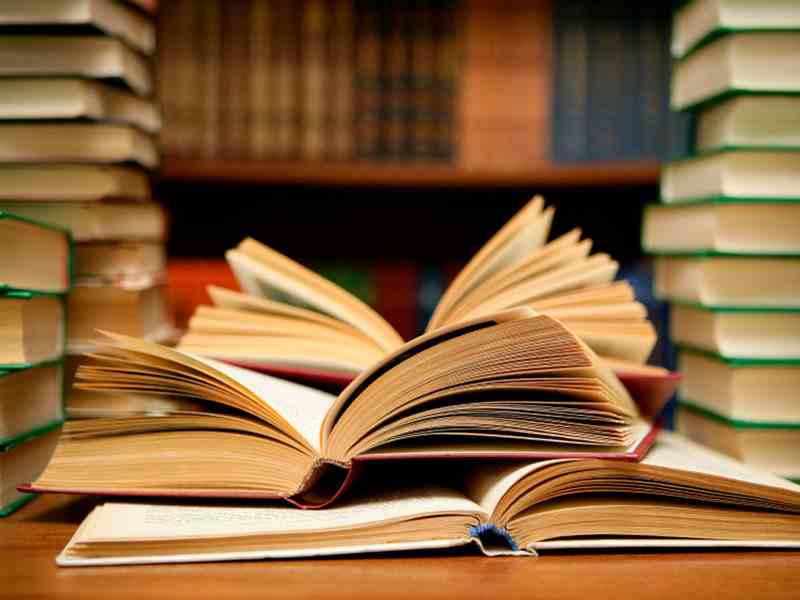Summary
Fiction books are powerful—they help us dream, grow, and connect. Here’s what this article covers:
- Classics like Pride and Prejudice and 1984 are a must for every reader.
- Modern masterpieces like Beloved bring fresh ideas and emotions.
- Global stories like Norwegian Wood show the beauty of diverse cultures.
- Fiction for relaxation: The Hobbit and The Alchemist soothe the soul.
- Stories for growth: Books like The Kite Runner and Life of Pi help us reflect on life.
1. Introduction
Fiction has an undeniable charm. When it comes to Fiction Books, it takes us on incredible journeys. They open doors to new worlds, introduce us to characters we’ll never forget, and teach us so much about life. Must read Fiction Before Die? It is quite a difficult question. There are too many But Life is short. So, which ones are truly must-reads? Let’s find out.
2. Defining Must-Read Fiction
What makes a book essential for reading? Literary awards like the Pulitzer or Booker Prize highlight some, but others achieve this status through cultural significance, reader impact, and timeless themes.
3. Timeless Classics
These books have transcended generations. Works like Pride and Prejudice by Jane Austen, 1984 by George Orwell, and To Kill a Mockingbird by Harper Lee resonate universally.
4. Modern Masterpieces
Modern authors continue to redefine fiction. Books like Cormac McCarthy’s The Road or Toni Morrison’s Beloved offer profound narratives and striking originality.
5. Global Fiction
Stories from international authors enrich our understanding of the human experience. Works such as Gabriel García Márquez’s One Hundred Years of Solitude and Haruki Murakami’s Norwegian Wood showcase the beauty of diverse storytelling.
6. Fiction for Escapism
Need an escape? Dive into The Hobbit by J.R.R. Tolkien or Dune by Frank Herbert. These books transport readers to fantastical realms.
7. Fiction That Challenges Norms
Provocative works like Lolita by Vladimir Nabokov push boundaries, prompting readers to question societal norms and their own beliefs.
8. Young Adult Fiction
Young adult novels, like J.K. Rowling’s Harry Potter series, often serve as a gateway to lifelong reading habits.
9. Fiction and the Human Condition
Some books, like J.D. Salinger’s The Catcher in the Rye and Fyodor Dostoevsky’s Crime and Punishment, explore complex emotional and philosophical landscapes.
10. Historical Fiction
Through historical fiction, readers relive significant events. Books like All the Light We Cannot See by Anthony Doerr bring history to life.
11. The Power of Short Stories
Short stories pack a punch. Collections by authors like Alice Munro or Raymond Carver are perfect for readers seeking powerful narratives in small doses.
12. Fiction as a Bedtime Companion
Reading fiction before bed calms the mind and improves sleep quality. Consider The Alchemist by Paulo Coelho for a soothing bedtime read.
13. The Most-Read Fiction Books
Ever wondered about the most-read books? Titles like Don Quixote by Miguel de Cervantes and Antoine de Saint-Exupéry’s The Little Prince have captivated millions.
14. Building a Personal Fiction Library
Creating a balanced library ensures lifelong literary enjoyment. Start with a mix of genres and include both classics and contemporary works.
15. Fiction and Personal Growth
Fiction is more than a source of entertainment; it’s a catalyst for personal growth. Books like The Kite Runner by Khaled Hosseini and The Goldfinch by Donna Tartt delve into themes of loss, redemption, and resilience, offering readers a chance to reflect on their own experiences. Through fictional narratives, we can explore empathy, challenge biases, and gain deeper insights into human relationships.
16. Fiction That Inspires Action
Some books go beyond storytelling to inspire action. Works like Silent Spring by Rachel Carson or The Jungle by Upton Sinclair have ignited social movements and raised awareness about critical issues. Fiction has the power to motivate readers to make a difference in the world.
17. Fiction for Self-Discovery
Books like Life of Pi by Yann Martel and Eat, Pray, Love by Elizabeth Gilbert are perfect for readers on a journey of self-discovery. These stories inspire introspection, showing how characters’ struggles and triumphs mirror our own paths.
18. The Role of Fiction in Cultural Preservation
Fiction serves as a time capsule, preserving cultures, traditions, and languages. Books like Chinua Achebe’s Things Fall Apart and Isabel Allende’s The House of the Spirits provide a glimpse into society’s transformation, ensuring their stories are not forgotten.
19. The Science Behind Reading Fiction
Scientific studies show that reading fiction enhances empathy, improves brain connectivity, and reduces stress. Immersing yourself in a well-written narrative activates the brain’s sensory and emotional centers, making reading an intellectually and emotionally enriching experience.
20. Fiction’s Place in a Digital World
In an age dominated by screens, fiction remains a beacon of creativity. E-books and audiobooks have made fiction more accessible than ever, ensuring its relevance in a rapidly evolving digital landscape. Platforms like Kindle and Audible provide countless ways to engage with stories anytime, anywhere.
21. Conclusion
Fiction Has More to offer than just entertainment; it’s a lens to view life. It Is A genre That is very much Underrated. These are the books that are most recommended. Read Fiction that you want to read because time is Short. today with these must-read books, and let their stories inspire, educate, and captivate you.
FAQs
1. What is the most-read fiction book ever?
Don Quixote by Miguel de Cervantes holds this distinction, with over 500 million copies sold.
2. What is the most-read fiction book in the world?
Globally, The Little Prince and Harry Potter series are among the most widely read.
3. Is it good to read fiction before bed?
Yes, it relaxes the mind and fosters better sleep.
4. Which fiction books are great for beginners?
Try The Great Gatsby by F. Scott Fitzgerald or The Book Thief by Markus Zusak.
5. How can I build a diverse fiction library?
Incorporate various genres, cultures, and time periods to broaden your horizons.
6. What are the best places to buy fiction books?
Explore online retailers, local bookstores, and libraries for a wide range of options.

